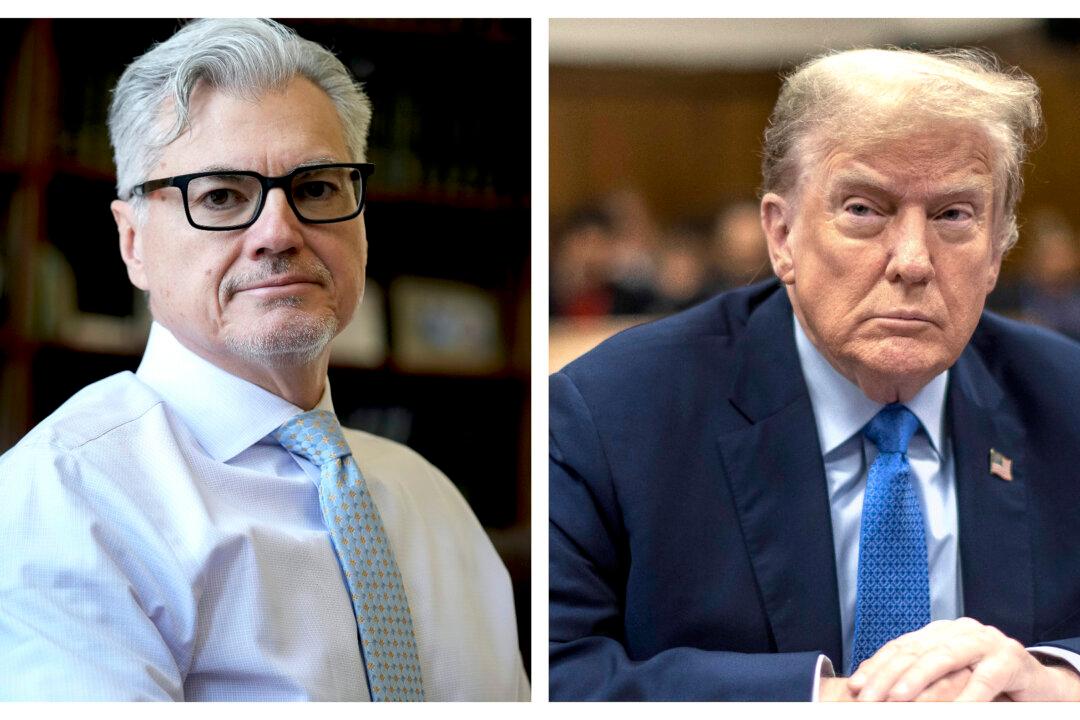The top court in New York state on Tuesday declined to hear former President Donald Trump’s appeal of a gag order relating to his falsification of business records case.
In a decision list, the New York Court of Appeals wrote that former President Trump’s appeal of Judge Juan Merchan’s gag order was “dismissed without costs” and added that “no substantial constitutional question is directly involved.” The court’s chief judge, Rowan D. Wilson, and Judge Caitlin J. Halligan did not partake in the decision.





